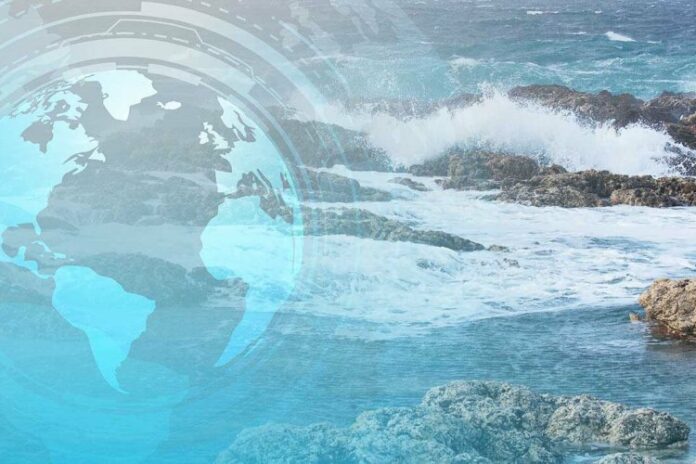Ørsted has announced that it has signed a Memorandum of Agreement (MOA) with NOAA to share physical and biological information and data in Ørsted-leased waters subject to U.S. jurisdiction. The agreement is the first of its kind between an offshore wind developer and NOAA.
NOAA, a division of the U.S. Department of Commerce, provides the country with weather, water, and climate data, as well as forecasts and warnings for the protection of life and property, the sustainable management of the nation’s marine fisheries and conservation of protected resources, and enhancement of the national economy. Ørsted relies on collected data from the waters it leases to be used in the analysis, development, construction, and operation of the company’s offshore projects. The data Ørsted collects and shares will contribute to NOAA’s data analysis efforts, which will translate into lifesaving information supporting America’s coastal resilience.
David Hardy, CEO Ørsted Offshore North America, said:
“Ørsted believes in making a concerted effort to work with all stakeholders to grow key learnings and work from a complete data set to better protect our planet. Climate change is a reality, and we are proud to work with NOAA to provide crucial information and to demonstrate how our industry can be stewards of our oceans while providing American individuals and businesses with clean, renewable energy.”
The data Ørsted collects, and will share under this MOA, is used for environmental site characterization to inform project development. Ørsted’s contributions are meant to support NOAA’s mission to understand and predict changes in climate, weather, oceans, living marine resources, and coasts.
Ben Friedman, NOAA’s acting administrator, said:
“This partnership with industry is delivering data Americans use for business, science, and education, while at the same time mitigating effects of climate change. Our ocean, coastal, and Great Lakes resources are critical to national security and well-being, and NOAA is pleased to work with willing partners to understand and maximize the potential of these national assets.”
The physical and biological information data falls under the following themes:
- Air quality, water quality, and emissions;
- Biological communities;
- Meteorology;
- Coastal and ocean currents, circulation, and waves;
- Hydrographic services and mapping; and,
- Physical oceanography.
Offshore wind energy is poised to provide significant environmental and economic benefits for the United States. The nation’s needs for secure and sustainable energy require quality data and science to better understand and predict the ecological, economic, and societal consequences of particular energy choices, as well as the effectiveness of strategies for minimizing environmental impacts and maximizing energy efficiency, particularly in waters subject to U.S. jurisdiction.
As part of the agreement, NOAA will share its publicly available data with Ørsted. Together, these data and information resources will be used to plan and ensure the effective deployment, sustainable operation and maintenance, and the efficient use of weather-dependent and oceanic renewable energy technologies and infrastructure.
In addition to direct data share, Ørsted will identify further opportunities with NOAA’s Technology Partnership Office to foster preeminent science and technological innovation that can support NOAA and the Department of Commerce’s goals to stimulate sustainable growth in the U.S. blue economy. The MOA will run through Sep. 30, 2025.



